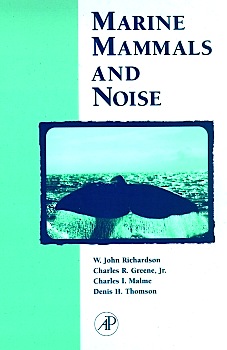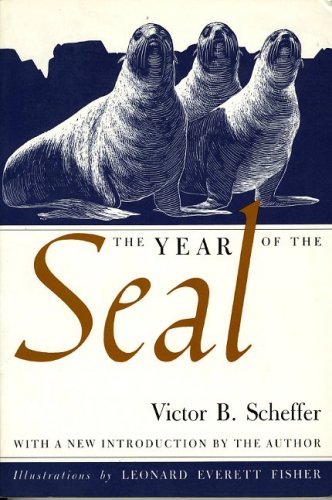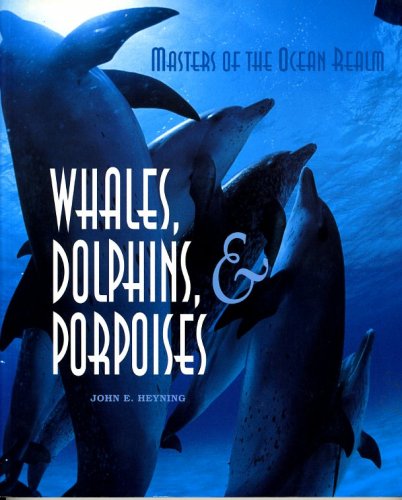Many marine mammals communicate by emitting sounds that pass through water. Such sounds can be received across great distances and can influence the behavior of these undersea creatures. In the past few decades, the oceans have become increasingly noisy, as underwater sounds from propellers, sonars, and other human activities make it difficult for marine mammals to communicate. This book discusses, among many other topics, just how well marine mammals hear, how noisy the oceans have become, and what effects these new sounds have on marine mammals. The baseline of ambient noise, the sounds produced by machines and mammals, the sensitivity of marine mammal hearing, and the reactions of marine mammals are also examined. An essential addition to any marine biologist's library, Marine Mammals and Noise will be especially appealing to marine mammalogists, researchers, policy makers and regulators, and marine biologists and oceanographers using sound in their research.
Data pubblicazione
02/07/1998









